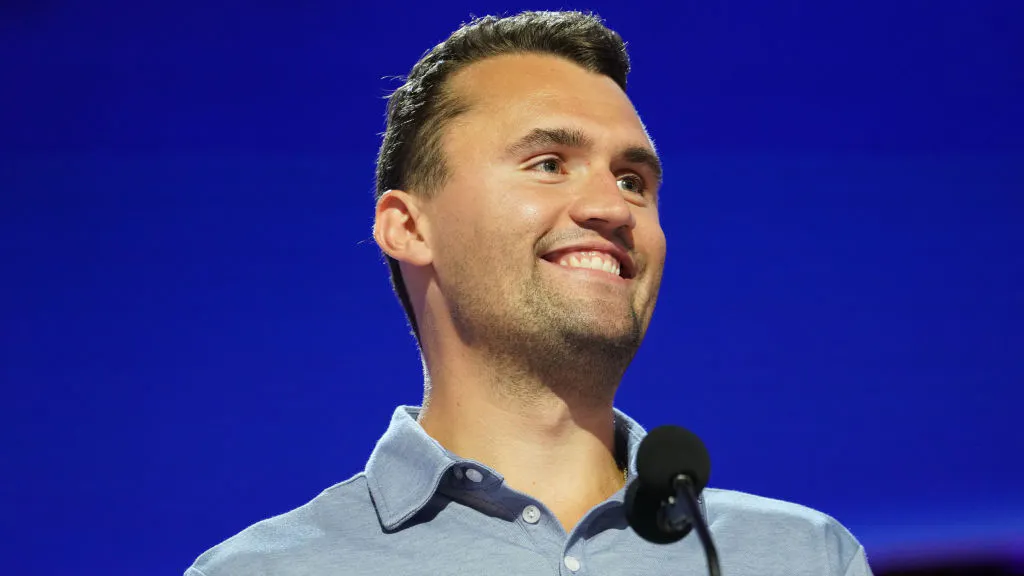Charlie Kirk would have been president. His friends knew it. His admirers knew it. And his enemies knew it.
This universal confidence in Charlie’s future began with his countless political accomplishments. At 18, he founded Turning Point USA, which went on to become the most important cultural organization on the American Right. By 22, he was addressing the Republican National Convention. Three years later, he founded Turning Point Action, which led the get-out-the-vote efforts that delivered the first Republican popular vote victory in twenty years. In his spare time, Charlie published five books, hosted a national talk show, married a lovely wife, and fathered two beautiful children. All of that by 31.
Charlie’s appearance inspired as much confidence as his accomplishments. At a towering six-foot-five slouching, he joked that he had descended from the Nephilim, the giant “fallen ones” of the Old Testament. He might have been born with such a nature, as are we all, but he was not content to remain so. Charlie loved his Savior. The zeal with which he debated politics paled in comparison to the excitement with which he discussed religion. And his religious life bore fruit.
Turning Point launched a Faith division to focus specifically on his followers’ souls. There too, Charlie’s enthusiasm for open debate set the tone, as he invited atheists and even Catholics to take part. But he didn’t need a specific religious conference to convey his faith. Charlie Kirk’s religion bore fruit in everything he did.
Discerning observers believed in Charlie Kirk, not chiefly for his accolades or his appearance, but for his manifest virtue. Charlie’s prudence, the principal virtue in politics, built a generational coalition that helped to transform the American government. His temperance distinguished him as one of the few on the Right to eschew whiskey, cigars, and every other delight that might have distracted him from his purpose, for which he had so little time. His sense of justice produced clarity in his moral vision and a sense of grace for his opponents. His fortitude impelled him to enter the public square without a hint of servile fear.
Charlie’s only fear was the holy sort—awe and wonder, the beginning of wisdom—and his clearest virtues were theological: faith, hope, and charity. We mourn his death, we take up his cause, and we entrust him, as he confidently entrusted himself, to God’s care.

.png)
.png)

